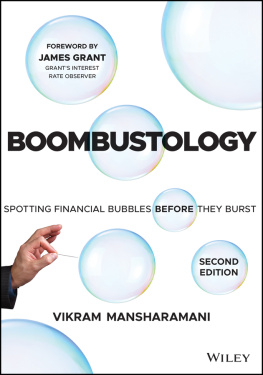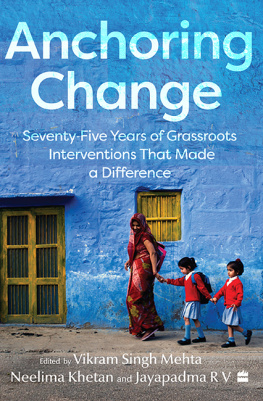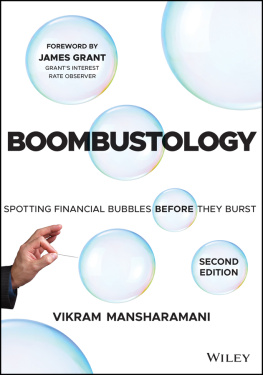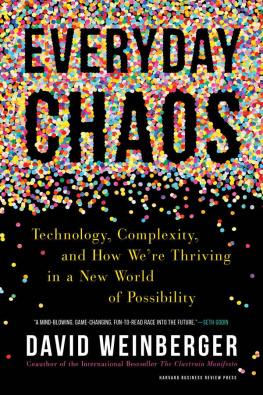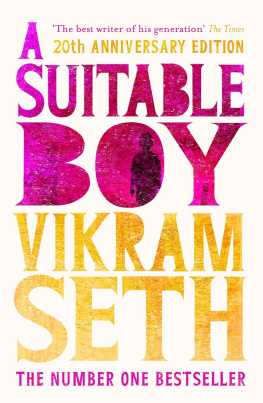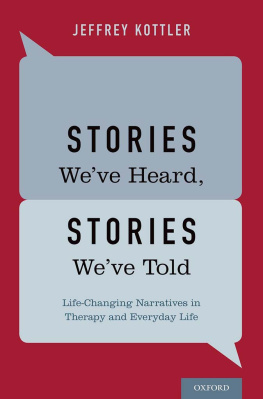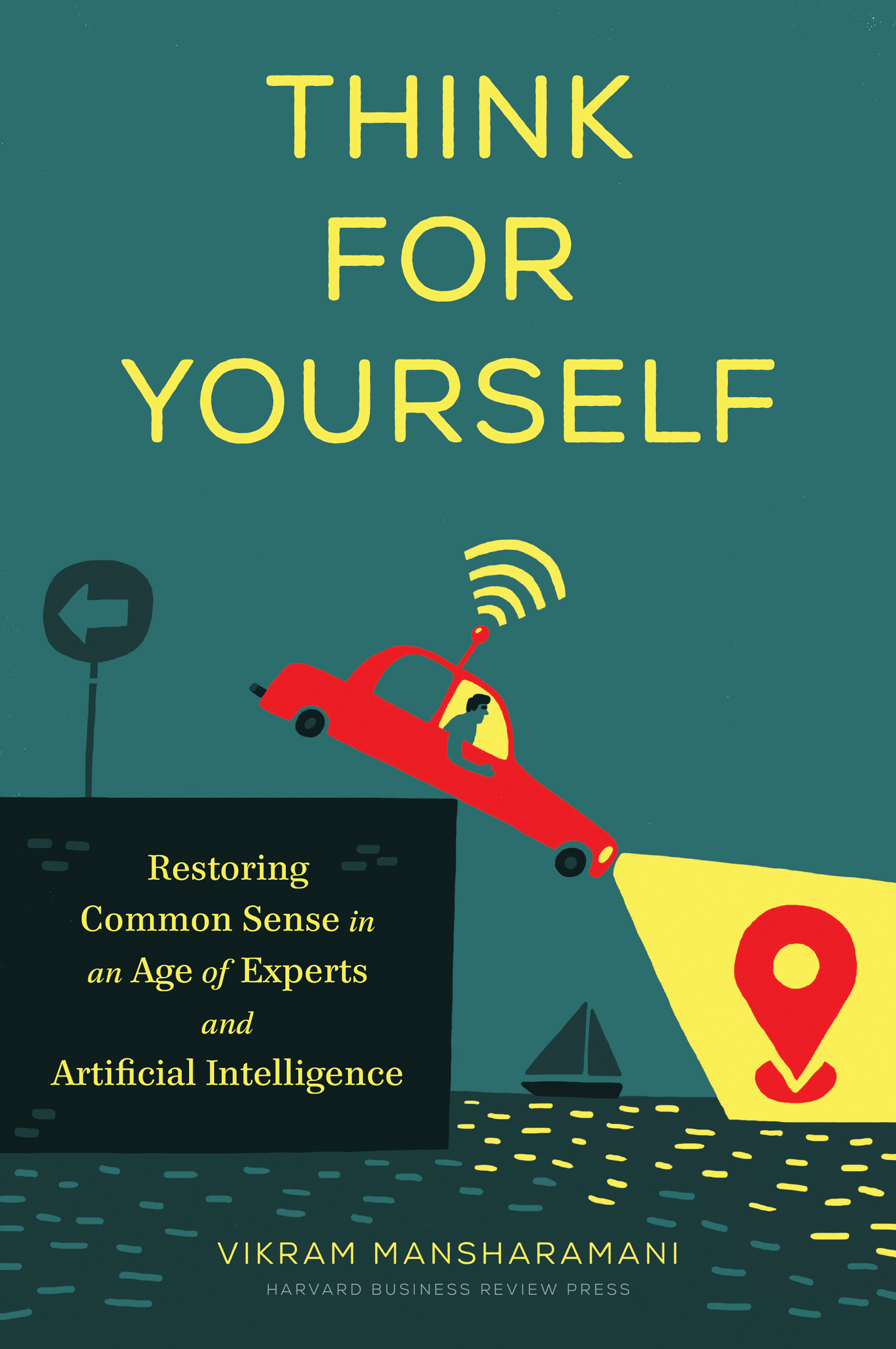HBR Press Quantity Sales Discounts
Harvard Business Review Press titles are available at significant quantity discounts when purchased in bulk for client gifts, sales promotions, and premiums. Special editions, including books with corporate logos, customized covers, and letters from the company or CEO printed in the front matter, as well as excerpts of existing books, can also be created in large quantities for special needs.
For details and discount information for both print and
ebook formats, contact ,
tel. 800-988-0886, or www.hbr.org/bulksales.
Copyright 2020 Vikram Mansharamani
All rights reserved
No part of this publication may be reproduced, stored in or introduced into a retrieval system, or transmitted, in any form, or by any means (electronic, mechanical, photocopying, recording, or otherwise), without the prior permission of the publisher. Requests for permission should be directed to , or mailed to Permissions, Harvard Business School Publishing, 60 Harvard Way, Boston, Massachusetts 02163.
The web addresses referenced in this book were live and correct at the time of the books publication but may be subject to change.
Library of Congress Cataloging-in-Publication Data
Names: Mansharamani, Vikram, author.
Title: Think for yourself : restoring common sense in an age of experts & artificial intelligence / Vikram Mansharamani.
Description: Boston, MA : Harvard Business Review Press, [2020] | Includes index. |
Identifiers: LCCN 2019057414 (print) | LCCN 2019057415 (ebook) | ISBN 9781633699212 (hardcover) | ISBN 9781633699229 (ebook)
Subjects: LCSH: Common sense. | Critical thinking. | Self-reliance. | Computers and civilization. | Artificial intelligence.
Classification: LCC B105.C457 M367 2020 (print) | LCC B105.C457 (ebook) | DDC 153.4dc23
LC record available at https://lccn.loc.gov/2019057414
LC ebook record available at https://lccn.loc.gov/2019057415
The paper used in this publication meets the requirements of the American National Standard for Permanence of Paper for Publications and Documents in Libraries and Archives Z39.48-1992.
ISBN: 978-1-63369-921-2
eISBN: 978-1-63369-922-9
To Kai and Tori,
May you always think for yourselves.
CONTENTS
PREFACE
Finding My Mind
The origin of this book is a piece I wrote for Harvard Business Review called All Hail the Generalist. The short article struck a nerve and spurred thousands of readers to post comments. Some were angry, some grateful; all, however, were engaged.
The essence of my message was that our love affair with deep expertise has gone too far. Specialization and the siloization of society has produced acute tunnel vision in almost all walks of life. The future, I suggested in the article, might belong to those who are skilled not only at generating the proverbial dots of specialized information but also at connecting them. Those who see the big picture and tap into appropriate expertise when needed, I noted, would likely rule the future.
In an age when expert knowledge seems to be the source of higher income, greater prestige, and a fast track to an all-around better life, what I said was provocative. But as Walter Gretzky, father and early coach to hockey great Wayne Gretzky, said: the key to success is to skate to where the puck is going, not to where it has been. My main point, one that Ive expanded in numerous other pieces, is that the source of competitive advantage in the past may not prove to be as effective in the future.
Or perhaps I am, as a tried-and-true generalist, merely hoping for this to be the case?
After all, my whole life has been a resistance to those who nudged me to specialize. As an undergraduate, I pursued two multidisciplinary degreesone in East Asian studies and another in ethics, politics, and economics. In the early 1990s, most of those interested in East Asian studies were focused on Japan, the rising economic superpower. I chose to study China. And when I arrived in graduate school after six years of working in business and finance, I ended up earning a masters degree in international security studies before going on to get a PhD, studying technological innovation and entrepreneurship in the gaming industry. Armed with a PhD and the possibility of tenure at a prestigious business school, I opted to return to the world of investing, becoming a global equity analyst and spending enough time on planes that a major airline awarded me elite status for life.
My years of combatting professional pressures to specialize has also bled into my teaching career, leading to a nomadic wandering among departments and schools. Ive taught in business administration, political science, engineering, and social science groups as well as in multidisciplinary and nondisciplinary programs. Ive taught classes on financial bubbles, business ethics, economic inequality, and systems thinking applied to social problems. My faculty peers have been political scientists, business academics, journalists, scientists, and engineers. Throughout, Ive only taught classes that Ive designed.
So you might say I have a vested interest in the rise of generalists. Thats a valid point.
But my argument about the siloization of knowledge and the rising power of generalists incorporates a related and more practical subject in which I have been increasingly interestedthe management of experts. Friends, family, and colleagues have often poked fun at me for asking so many questions before taking advice, and while observers may have found it annoying, I take pride in thinking for myself. I refuse to let others control my fate. And as a generalist, I am comfortable asking what may appear to be nave questions.
Over several years, I have learned to retake control from experts through a process that begins with awareness of the problem. And in almost every instance, once Ive realized the problem, Ive adopted a three-step process to reclaim my autonomy. First, I part ways with the expert. Second, I think about what (if anything) I really need from an advisor. Finally, I mindfully and proactively rehire expert help, free and clear of the baggage that accompanies historical relationships, and with an explicitly generalist perspective. In some cases, Ive found it useful to return to my prior advisor, and when Ive done so, I found the relationship improved. In others, I realized I didnt need help and so went forward on my own. My approach has worked for me, but as youll read later in the book, the key is for you to have a process that works for you. Context matters, and cookie-cutter recommendations will probably fail.
Ive used my approach of fire, aim, and (maybe) rehire in various walks of life. Ive done it with my accountant, my financial advisor, my lawyer, my doctor, my mechanic, and many others. In fact, this book youre holding is the result of me taking my own medicine. In the years since I first began working on this project, Ive parted ways with various publishing experts as I repeatedly stepped back and clarified my own priorities. (In one humorous incident, an editor suggested to me that he was an expert, and so I needed to leave behind my own ideas and just follow his advice. I chuckled, asked him if he had read my proposal, and shortly thereafter was working with someone else.)


